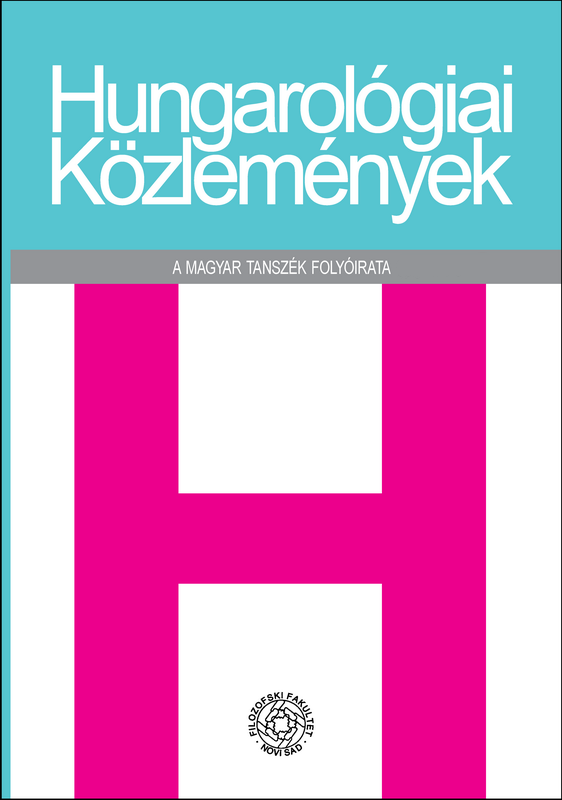Testek térben és időben
Bodies in Space and Time
Poetic use of the body in documentary novels – Daša Drndić: Sonnenschein
Author(s): Kornélia FaragóSubject(s): Theory of Literature
Published by: Филозофски факултет, Универзитет у Новом Саду
Keywords: archival activity; dislocation; documentary novel; bio-power; body poetics; body politics
Summary/Abstract: The subject of this study is a literary work in which “archival activity unexpectedly turns into creation” because it strives towards a narrative production of the “body of the archive”. The documentarilistically stylized short story gives real names and data to the novel as if wishing to entail: “fiction dwells in the archives”. This study is based on the fictional effects and narrative strength of the data opposing the idea that “ these sources must be cleared of fictive elements so that we can get to the actual core of the data.” (Ernst, 2008). The basic question of the paper is how the interpretational suggestions of war-time spaces interpreting the body are manifested in the documentary novel. In order to answer the question we can turn to several models and procedures of embodiment: body effects are in fact text strategies, body relations become poetic relations. The train of thought and the narrative attention which the novel Sonnenschein by Daša Drndić pays to body issues in order to interpret the spaces of the past, involve modes of manipulating the body in the game, figures of deportations, documented modes of the workings of bio-power and the vulnerability and defencelessness of being exposed to the body esthetics of power.
Journal: Hungarológiai Közlemények
- Issue Year: 17/2016
- Issue No: 2
- Page Range: 42-52
- Page Count: 11
- Language: Hungarian

